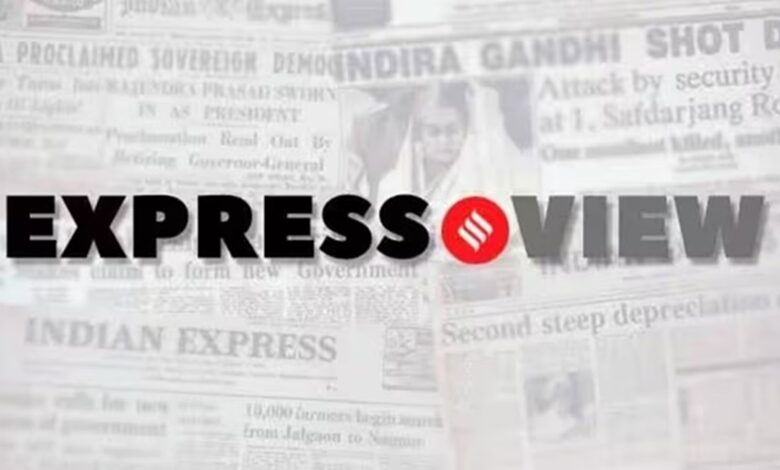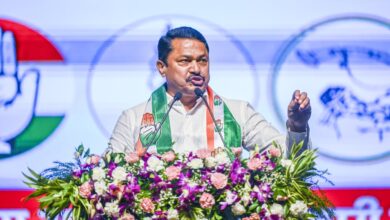Express View on S Jaishankar blackout: Calling out Canada

Since September last year — when Canadian Prime Minister Justin Trudeau first alleged that the Indian government was involved in the killing of Khalistani activist Hardeep Singh Nijjar — bilateral ties have been on a downward spiral. The Indian government has pointed out that Ottawa has provided no evidence to substantiate its claims and that the current government in Canada has consistently allowed, and turned a deliberate blind eye to, anti-India, separatist activities on Canadian soil. Now by blacking out the press conference of External Affairs Minister S Jaishankar and his Australian counterpart Penny Wong, the Trudeau government has further laid bare its own bad faith on the matter. Its invocation of high-minded principles – prominently, the freedom of speech and expression – to defend its problematic actions and stances cuts little ice.
The Trudeau government took the extreme step last month of declaring Indian diplomats, including the High Commissioner to Canada, as “persons of interest” in the case. It has also placed Indian officials in Canada under surveillance, marking a new low in bilateral ties. This month has seen an attack on a temple in Brampton. Minister Jaishankar, in the press conference aired by Australia Today, reiterated New Delhi’s position on the matter: “One, Canada has developed a pattern of making allegations without providing specifics. Secondly, when we look at Canada, for us the fact that they are putting our diplomats under surveillance is something which is unacceptable. Third, the incidents (attack on the Hindu temple), and do look at the videos. I think they will tell you … political space today which has been given to extremist forces there.” Notably, it was not merely Jaishankar, but also Minister Wong, who was censored. Australia and Canada – along with the US, UK and New Zealand – are part of the Five Eyes intelligence-sharing arrangement, arguably one of the closest-knit international groupings. It is a testament to the Trudeau government’s insecurity that it would black out a news outlet of a close ally.
The Trudeau government’s intransigence on the Nijjar issue is unfortunate. India and Canada, despite the bumps in their relationship, have much to gain from closer ties. The Indian diaspora has contributed significantly to the country and Canada benefits from doing business with India. Moves like cancelling fast-track visas for students, or the lack of security for Indian consular events and outreach in Canada, adversely affect ordinary, law-abiding citizens. It is time for the Canadian government to listen to reason, instead of seeking to block out inconvenient truths.







